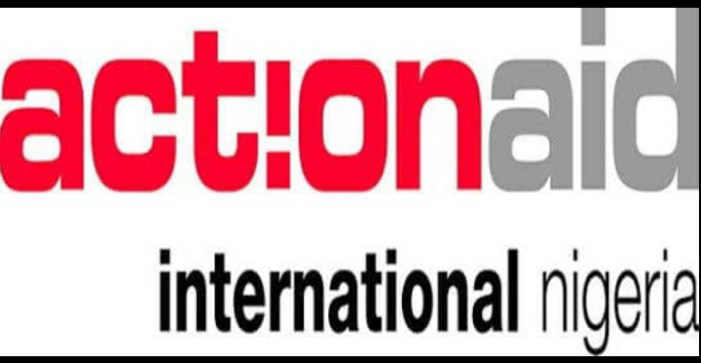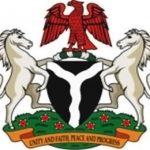“The Federal Government needs to increase public financing of extension services not only increasing it but also to ensure that allocation should be timely released,’’ he said.
Nwokoye said that government should provide adequate opportunity within the budget for extension services to be trained and retrained to provide services to farmers.
“For us as a country to get our agriculture right, extension service is a compliment that needs to be adequately funded not only funded in terms of allocation of resources, but in terms of timely releases.
“Nigerian government needs to ensure that extension services are provided for smallholder farmers, especially women farmers who actually go through a lot of work within the agriculture sector to feed Nigerians.
ALSO READ: CARI to improve bankers’ capacity to support farmers
“About two years ago, when the government said that the country was in recession, if the women were not doing their part without government support or little government support in some places, it would have been worse than being in recession.
“Even within the recession, the agriculture sector is growing without adequate support being provided,” he said.
Nwokoye said that ActionAid was implementing a programme called Public Financing of Agriculture to support smallholders women farmers and their organisations to be able to engage government to participate in agriculture budget and policy planning.
“We were told that agriculture contributes about 23 per cent to the country’s GDP which some of us know that agriculture does more than that.
“The smallholder farmers dominate the sector and they actually produced 90 per cent of the outputs and yet, accessing agriculture extension services is the problem.
“Women make up 70 per cent of the agricultural labour, 50 per cent of animal husbandry related activities and 60 per cent of food processing activities.
“However, women have access to less than 20 per cent of available agricultural resources.
“We are also facing the problem of having extension one agent serving about 10,000 farmers in the country, which is a problem.
“Colleagues from the Federal Ministry of Agriculture will agree with me that there is a problem,’’ he added.
The Programme Coordination, however, noted that the assessment and scorecards were carried out by ActionAid across seven states and the FCT.
According to him, the states are Ondo, Kwara, Delta, Gombe, Bauchi, Kogi, Eboyi and FCT.
He, however, urged the government to put the right institutions in place to boost agricultural productivity and better the lives of smallholder farmers in the country.
Mrs Peace Chijioke, the Secretary, Small Scale Women Farmers Organisation in Nigeria, said that everything stated in the scored cards was real, adding that lack of extension services had affected their outputs in recent times.
“The scorecard presented today is real. It shows what we have and what we feel as farmers.
“There were no extension workers between the time of the assessment and this meeting.
“Even when you met them in their offices, they tell you there is no mobilisation. Without mobilisation, there is no way they can go out. We discovered government was not paying their mobilisation fee or outing fee.
“They stopped coming to farms because their motorcycle was withdrawn.
“Initially, they visit our farms, they test the soil, they tell us when to expect a flood, what to plant to resist flood.
“They help us to get improved seedlings; they help to market our goods. They bridged the gap between farmers and markets.
“But now, we don’t see them anymore. This is really affecting us as women farmers.”
Another farmer, Mrs Comfort Sunday said that lack of extension services had discouraged her from farming in the previous years but she had to farm this year through the assistance of ActionAid.
She said that the extension agents were willing to assist farmers with technological know-how but they needed motivation from the government to perform effectively.







